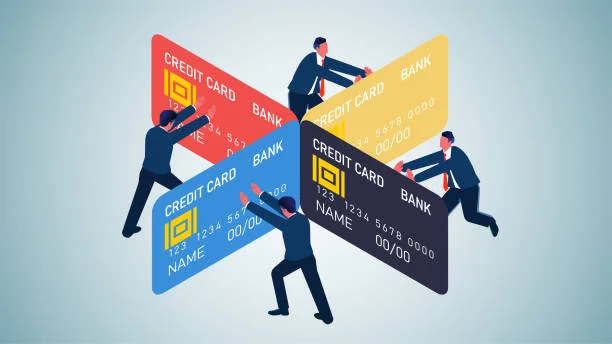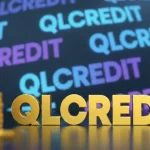Credit card debt can quickly turn from a convenient tool into a heavy financial burden. High interest rates, late fees, and growing balances can make repayment seem impossible. For many households, finding a way out requires both structured support and practical solutions.
Nonprofit organizations offer a path toward financial recovery that is both compassionate and strategic. These groups provide counseling, education, and structured repayment plans tailored to individual needs. One can also go through the review sections of these well-known organizations, like workmoney.org reviews. By guiding people through each stage, they transform overwhelming debt into manageable goals.
Uncover more valuable tips in our specially curated related post for you.
Providing Free and Low-Cost Financial Counseling
Nonprofit organizations often start by assessing the full scope of a person’s financial situation. Professional counselors review income, expenses, and outstanding balances to create a personalized strategy. This process helps identify unnecessary costs while setting realistic repayment priorities. Many of these services are free or available at minimal cost, which ensures accessibility for all income levels. The goal is not just short-term relief but building habits that prevent future debt problems.
Offering Structured Debt Management Plans
A debt management plan, or DMP, is one of the most effective tools nonprofits provide. These programs consolidate multiple credit card balances into a single monthly payment. In many cases, interest rates are reduced through agreements with creditors, which makes repayment faster and more affordable. Clients work directly with nonprofit counselors who handle communication with lenders. This arrangement reduces stress and eliminates the risk of missed payments.
Educating Consumers Through Practical Workshops
Non-profit firms try to educate consumers through several debt management workshops. These firms:
- Host budgeting workshops that teach effective ways to control spending habits.
- Organize credit score improvement sessions to show how responsible repayment boosts ratings.
- Conduct seminars on understanding credit agreements and avoiding predatory lending practices.
- Share step-by-step guidance on negotiating with creditors for better terms.
- Provide resources for emergency savings to prevent future reliance on credit.
These sessions give participants the tools to make informed choices and take charge of their finances. Education ensures the progress made during repayment continues well beyond the program.
Helping Negotiate Better Terms with Creditors
Nonprofit organizations act as advocates during discussions with credit card companies. By utilizing relationships with lenders, they can request lower interest rates or waived fees. This negotiation often results in smaller monthly payments, which makes debt clearance more achievable. Creditors are more willing to cooperate when they see a structured repayment plan in place. This professional mediation reduces tension and speeds up the resolution process.
Supporting Emotional Well-being During Debt Recovery
Such non-profit firms also remain attentive towards people’s mental health. Their tasks mainly include:
- Offering peer support groups where individuals share experiences and encouragement.
- Providing stress management resources such as counseling and financial wellness coaching.
- Connecting clients with community services for additional relief during hardship.
Addressing the emotional toll of debt is just as important as solving the numbers. Nonprofit groups understand that financial stress can affect every aspect of life, and they work to restore confidence and peace of mind.
Nonprofit groups bring expertise, empathy, and structured solutions to those struggling with credit card debt. Their services extend beyond numbers, building skills and confidence for long-term stability. Thus, with the right support, overcoming debt becomes a realistic and empowering journey.
Spotlight on innovation: check out this featured post that’s trending now!







